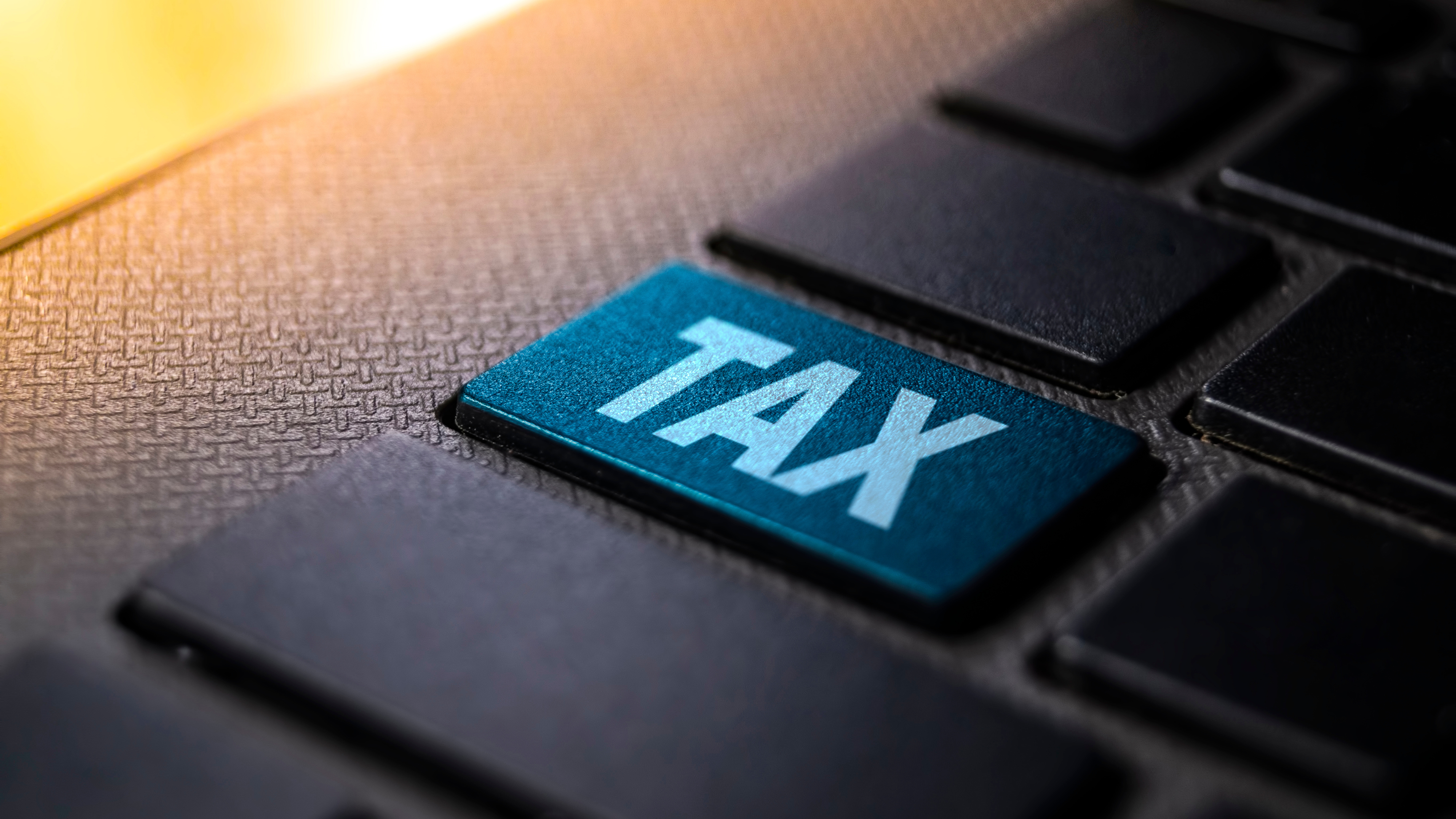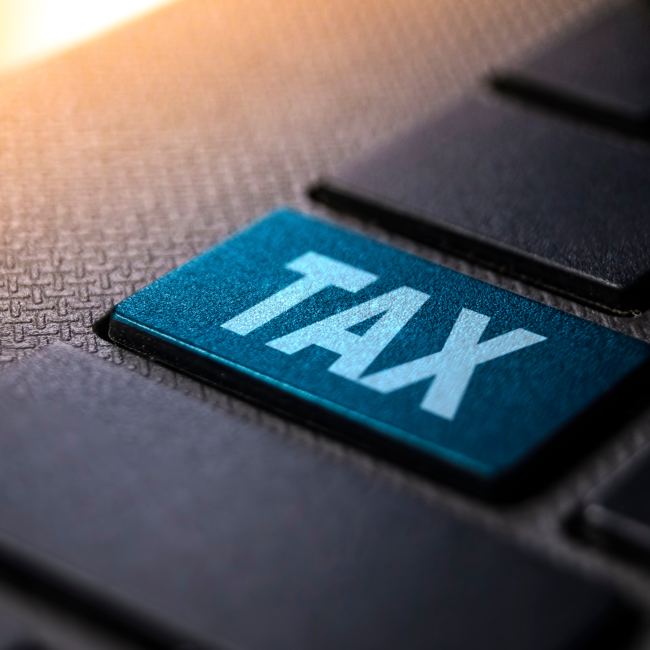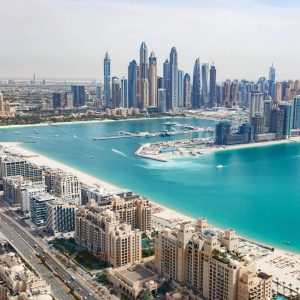
Real Estate Taxes in the UAE: Guide for Investors 2025
The United Arab Emirates (UAE) continues to be a magnet for global real estate investors, thanks to its tax-friendly environment, strategic location, and robust infrastructure. However, understanding the nuances of real estate taxes in the UAE, property valuation, and ownership regulations is crucial for making informed investment decisions. For those considering living in Dubai, these advantages become even more appealing, as residents benefit from a world-class lifestyle, modern amenities, and a thriving multicultural community alongside strong investment potential.
This comprehensive guide delves into the current state of real estate taxes in the UAE, providing insights into property valuation methods, ownership rules, and associated fees. It also explores how using cryptocurrency for property purchases can offer flexibility, streamline transactions, and create new opportunities for investors seeking to navigate Dubai’s dynamic real estate market.

Property Valuation in the UAE
Accurate property valuation is the foundation of any successful real estate transaction. In the UAE, valuation plays a crucial role not only in determining the fair market value of a property but also in facilitating mortgage approvals, estate planning, and real estate taxes in the UAE assessments. For investors, developers, and buyers alike, a reliable property valuation ensures transparency and reduces financial risk.
Key Uses of Property Valuation:
- Setting the right asking price for sellers
- Assisting buyers in negotiating offers
- Helping banks determine mortgage eligibility
- Supporting legal and tax-related documentation
Methods of Property Valuation:
Comparative Market Analysis (CMA):
- This is the most common method used for residential properties.
- It compares the subject property to recently sold properties in the same area.
- Adjustments are made based on differences in size, location, condition, and amenities.
- Example: If a similar apartment in JVC recently sold for AED 900,000, a nearby unit with better views may be valued at AED 950,000.
Income Capitalization Approach:
- Used primarily for commercial and rental properties.
- Determines value based on the property’s ability to generate income.
- The formula involves net operating income (NOI) divided by a capitalization rate.
- Example: If a commercial property generates AED 500,000 annually with a cap rate of 5%, the valuation would be AED 10,000,000.
Cost Approach:
- Evaluates what it would cost to rebuild the property from scratch, including land and materials, minus depreciation.
- Common for new constructions or unique structures with few comparable sales.
- Example: A villa requiring AED 2M in construction and located on AED 1M land, with AED 300k depreciation, would be valued at AED 2.7M.
Digital Valuation Tools:
The Dubai Land Department (DLD) provides an online valuation service through its REST platform, allowing owners and buyers to request digital property valuations. It covers freehold, off-plan, and commercial properties. Fees range from AED 2,000–5,000 depending on the property type.
Property Ownership Rules for Foreigners in the UAE
Foreigners can invest in UAE real estate, but ownership rights vary by emirate. These rules are critical for international buyers seeking clarity on property security and legal framework.
Dubai:
- Foreigners can buy freehold properties in designated areas like Downtown Dubai, Dubai Marina, Palm Jumeirah, and Business Bay.
- Ownership includes both the property and the land it stands on.
- Buyers receive full title deeds registered with the DLD.
- Dubai remains the most liberal emirate in terms of foreign ownership laws.
Abu Dhabi:
- Foreigners are permitted to own properties in investment zones such as Al Reem Island, Yas Island, and Saadiyat Island.
- Ownership structures include:
- Freehold (property & land)
- Usufruct (99-year leasehold usage rights)
- Musataha (50-year land development rights)
Sharjah:
- Sharjah restricts foreign ownership.
- Non-GCC residents can only acquire long-term leases (up to 100 years) in specific zones.
- Projects must be approved by the Sharjah Real Estate Registration Department.
Real Estate Taxes and Fees in the UAE
The UAE does not impose a recurring property tax, making it attractive for global investors. However, several one-time and annual fees are involved.
Transfer Fees:
| Emirate | Fee | Who Pays? |
|---|---|---|
| Dubai | 4% of property value + AED 580 admin fee | Usually split equally |
| Abu Dhabi | 2% of property value | Shared between buyer and seller |
Mortgage Registration Fees:
| Emirate | Fee Structure |
| Dubai | 0.25% of mortgage loan amount + AED 290 admin |
| Abu Dhabi | 0.1% to 0.25% depending on lender policies |
Value Added Tax (VAT):
5% VAT applies to:
- Commercial property sales & rentals
- Brokerage services and real estate consultancy
Residential properties:
- Exempt from VAT unless it’s the first sale of a newly constructed home → 0% VAT
Municipality Fees:
| Emirate | Fee | Applicable To |
| Dubai | 5% of annual rental value | Paid by tenants |
| Abu Dhabi | 3% of annual rent | Paid by tenants |
Hidden Costs in Property Transactions in the UAE
When investing in real estate in the UAE, it’s crucial to understand that the listed sale price is not the final amount you’ll pay. Several additional charges, commonly referred to as hidden costs, can significantly increase your overall investment. These fees vary depending on the emirate, property type, and whether you’re purchasing off-plan or ready property. Where to invest in Dubai depends on your strategy, as each community offers unique advantages for either long-term growth or rental income.
1. Agency Fees (2% of Property Price)
Real estate agents typically charge a commission fee for facilitating the transaction. In most emirates, the standard is:
- 2% of the sale price, paid by the buyer.
- In some cases, developers or sellers absorb this cost for promotional reasons.
Tip: Always clarify with your broker if the agency fee is included in the quoted price or charged separately.
2. Developer Administrative Fees
If purchasing directly from a developer (especially for off-plan properties), you may be required to pay administrative or processing fees, which cover:
- Title deed issuance
- Sales and Purchase Agreement (SPA) processing
- NOC (No Objection Certificate) for resale
These fees usually range between AED 3,000 to AED 5,000, but premium developers may charge more depending on the project.
3. Service Charges (Annual Maintenance Fees)
These are ongoing fees charged by developers or owners’ associations to cover:
- Building maintenance
- Cleaning & landscaping
- Security
- Amenities like pools, gyms, and elevators
💡 Range:
- Apartments: AED 10–30/sq.ft annually
- Villas or gated communities: Higher, depending on facilities and location
- Palm Jumeirah, Downtown, and other premium zones may have charges upwards of AED 40–50/sq.ft
The RERA (Real Estate Regulatory Agency) Service Charge Index can be used to verify current rates for each building.
4. Registration Trustee Fees
If you opt for a Registration Trustee to handle the property transaction (which is common for non-resident investors), you’ll incur additional costs:
- AED 4,000–6,000 for properties under AED 500,000
- AED 8,000–10,000 for properties above AED 500,000
These fees cover the official documentation and secure payment handling between buyer and seller.
Additional Costs to Consider:
- DLD (Dubai Land Department) Fee: 4% of the purchase price + AED 580 admin fee
- Oqood Registration (for off-plan properties): AED 5,250
- Mortgage Registration Fee (if applicable): 0.25% of loan amount + AED 290
- Valuation Fee (if financing through a bank): AED 2,500–3,500
- Bank Processing Fee: 1% of loan amount + VAT
- Early Settlement or Re-Sale Admin Charges (in case of reselling before handover)
Hidden Property Transaction Costs by Emirate
Understanding real estate taxes in the UAE includes accounting for hidden costs, which can significantly affect ROI.
| Cost Component | Dubai | Abu Dhabi | Sharjah |
|---|---|---|---|
| Agency Fee | 2% of property price (standard) | 2% of property price (negotiable) | 2% of property price |
| DLD Registration Fee | 4% of property price + AED 580 admin fee | 2% of property price (via Municipality) | 2% of property price |
| Oqood Fee (Off-plan Only) | AED 5,250 | AED 1,000–5,000 (varies by project) | N/A |
| Title Deed Issuance Fee | AED 540 | AED 500–1,000 | AED 500 |
| Trustee Registration Fee | AED 4,000–10,000 (based on value) | Not always required | Not always required |
| Service Charges (Annual) | AED 10–50 per sq.ft depending on location | AED 8–25 per sq.ft | AED 5–20 per sq.ft |
| Developer Admin Fee | AED 3,000–5,000 (sometimes higher) | AED 2,500–4,000 | AED 2,000–3,000 |
| Mortgage Registration Fee | 0.25% of loan amount + AED 290 | 0.1–0.25% of loan amount | 0.25% of loan amount |
| Valuation Fee (if mortgaged) | AED 2,500–3,500 | AED 2,000–3,000 | AED 2,000–2,500 |
| NOC Charges (if resale) | AED 500–5,000 depending on developer | AED 500–3,000 | AED 500–2,000 |
Real Estate Investment Laws and Regulations in the UAE
Understanding real estate investment laws is as crucial as knowing about real estate taxes in the UAE. The UAE has developed a strong legal framework to safeguard real estate investors and boost market confidence. This section explores three essential laws that govern the real estate sector: Escrow Account Law, Strata Law, and Anti-Money Laundering (AML) Regulations.
These regulations promote transparency, protect buyers, and ensure ethical conduct in property transactions. Financing your investment is the next key step, as investors can choose between mortgages from local banks, developer payment plans, or alternative financing methods to optimize returns.
Buy off-plan in Dubai is another attractive strategy, offering lower entry prices, flexible payment schedules, and the potential for high capital appreciation once the project is completed.
Escrow Account Law (Dubai Law No. 8 of 2007)
Purpose: To protect off-plan property buyers by ensuring their payments are used only for the development of the purchased unit.
Key Features:
- Developers must register an escrow account with the Dubai Land Department (DLD).
- All buyer funds must be deposited into this account.
- Withdrawals are allowed only as construction progresses, certified by an auditor.
Investor Benefits:
- Reduces risks of abandonment and fraud.
- Enhances investor trust in off-plan projects.
Latest Insight: According to the DLD, projects following escrow rules have a 95% completion success rate versus 62% for non-compliant developers in the past decade
Strata Law (Dubai Law No. 27 of 2007)
Purpose: Regulates jointly-owned properties such as apartments and mixed-use developments.
Key Features:
- Creation of Owners’ Associations (OAs) to manage shared facilities.
- Owners have a stake in common areas (e.g., gyms, pools).
- DLD oversees financial transparency via the Mollak system.
Investor Benefits:
- Transparent and fair service charges.
- Proper maintenance of property value through regulated facility management.
Recent Update: In 2023, over 6,200 buildings in Dubai were registered under Mollak, with over AED 2 billion in service charges transparently managed
Additional Costs to Consider:
Purpose: To align the UAE with global financial integrity standards.
Key Features:
- Real estate agents and developers must perform KYC (Know Your Customer) checks.
- Suspicious activities must be reported to the Financial Intelligence Unit (FIU).
- Entities must appoint compliance officers and maintain training programs.
Investor Benefits:
- Increases credibility of UAE’s real estate market.
- Ensures foreign investors avoid entanglement in illicit activities.
Recent Data: As of 2024, over 400 real estate entities were fined for non-compliance. Government-led audits led to a 36% increase in compliance filings. Rental Yield in Dubai remains a key metric for investors, with high-demand areas like Downtown Dubai, Dubai Marina, and Palm Jumeirah offering attractive returns. Understanding rental yields helps investors make informed decisions, compare properties, and optimize income from rental investments. Opportunities in Dubai are expanding, with new master-planned communities, waterfront projects, and sustainable developments creating fresh avenues for long-term growth.
Summary Table
| Law | Purpose | Who It Applies To | Key Benefit |
|---|---|---|---|
| Escrow Account Law | Secure use of buyers’ funds for off-plan developments | Developers, Off-Plan Buyers | Fraud prevention & payment transparency |
| Strata Law | Regulate co-owned properties and communal services | Apartment & mixed-use owners | Fair management of service charges & facilities |
| AML Regulations | Prevent money laundering & illegal funding in property transactions | Brokers, Developers, Trustees | Market integrity & international trust |
The UAE remains one of the most appealing global markets thanks to transparent real estate taxes in the UAE, progressive regulations, and modern valuation systems. Investors benefit from minimal tax burdens, flexible ownership models, and a secure legal framework. For deeper insights, consult the Dubai Land Department or Valorisimo’s comprehensive property Investment Tool and calculators.
Investor Visa in Dubai further strengthens the appeal, allowing property buyers to secure long-term residency, enjoy business-friendly advantages, and access a stable lifestyle in one of the world’s most dynamic cities.
Related Posts

Golden Visa Dubai: Complete Guide for Investors in 2025

UAE Mortgage Guide: 2025.

Service Charges in Dubai & Abu Dhabi 2025.

Spotlight on Dubai’s Most Active Developers in 2025

A Comprehensive Guide to Mortgages in Dubai Real Estate

How Cryptocurrency is Shaping the Future of Real Estate in Dubai

Living in Dubai: Expat Guide 2025

Buying Property in Dubai with Cryptocurrency

